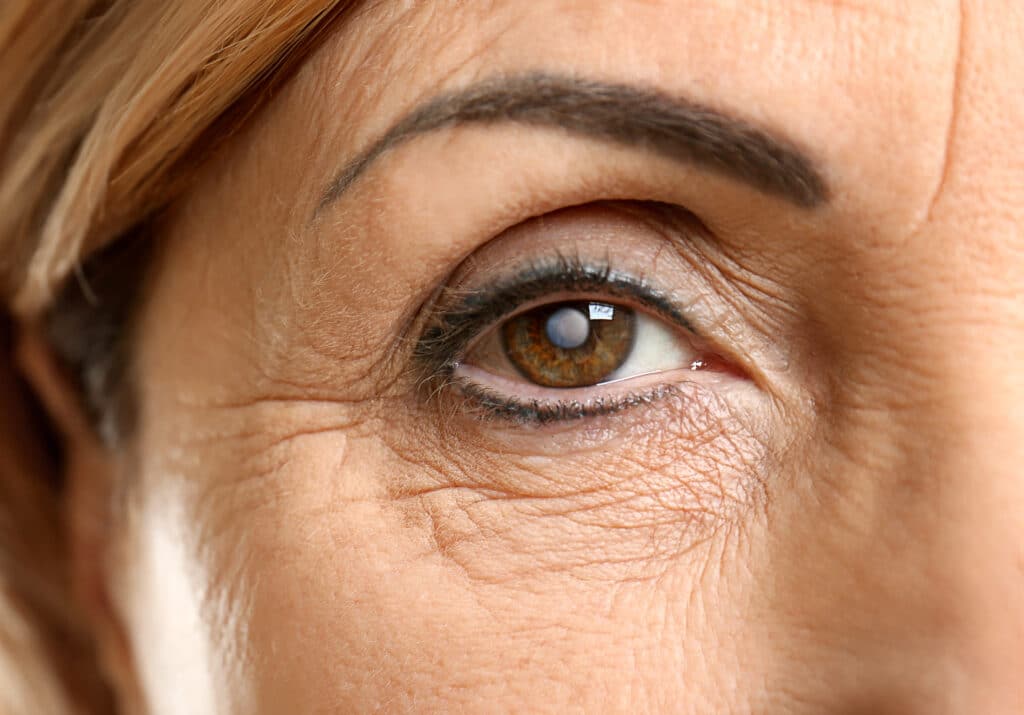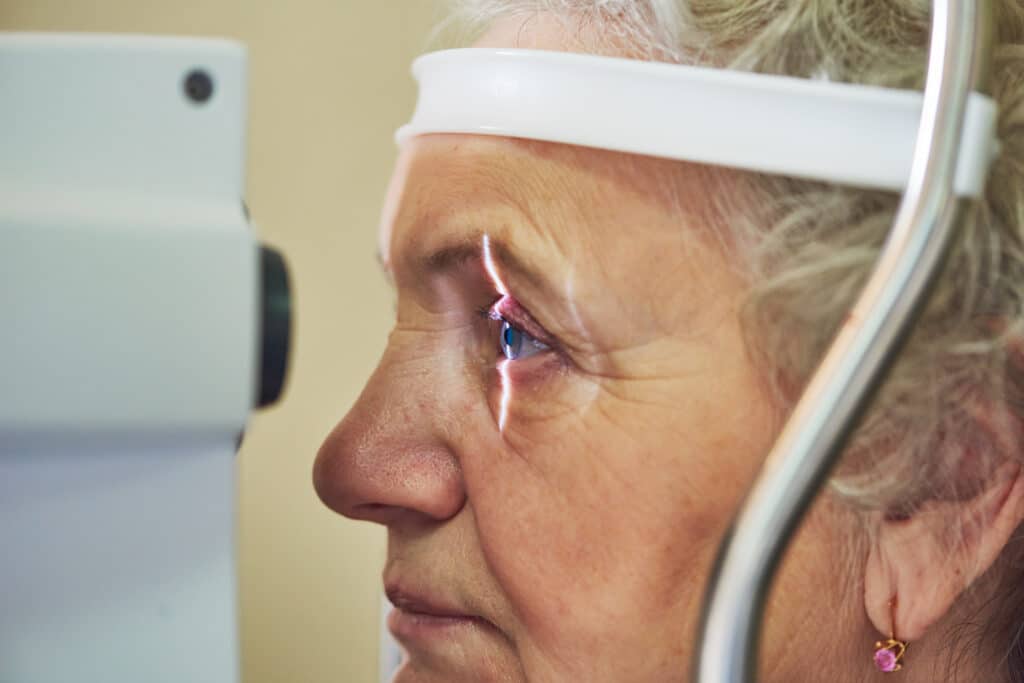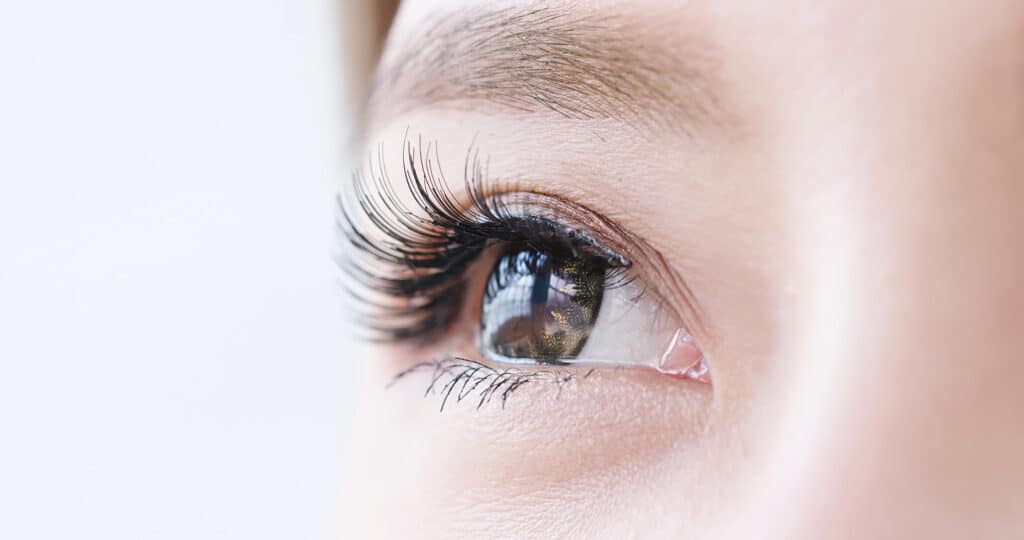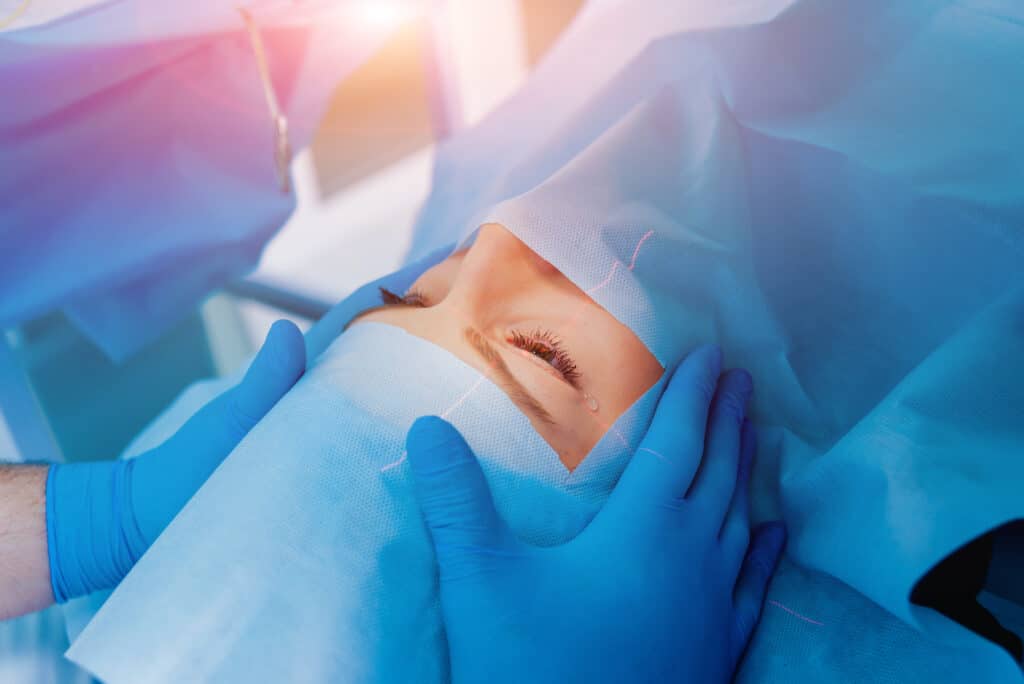How Long Does it Take for Vision to Clear After Cataract Surgery?
April 15, 2023
Cataracts are an extremely common condition where the natural lenses of your eyes become cloudy. This usually happens as a result of age, but it can also result from eye trauma or medical conditions. Unlike conditions like nearsightedness, the blurriness caused by cataracts cannot be corrected with glasses or contacts. Contact surgery effectively restores your vision with lasting results.
What is Cataract Surgery?
Cataracts develop in your lenses, the clear disc-shaped structures that focus light entering your eyes. No treatment will undo the changes that cause cataracts, but cataract surgery can remove the damaged lens and replace it with an artificial one called an intraocular lens (IOL). You cannot feel or see this new lens, but it can correct your vision so you may see better than before you had cataracts.

How Does Cataract Surgery Work?
Your Heart of Texas Eye Care surgeon will numb your eyes and provide you with relaxing medication so you feel comfortable. They will use a tiny incision to open the capsule containing the clouded lens and remove it. They will insert the replacement lens into the capsule, where it is anchored in place and will remain for a lifetime. The incision generally does not require sutures.
How Long Does it Take for Vision to Clear After Cataract Surgery?
Many people have clearer vision within 24 hours after surgery. Most people can see well enough to return to their usual activities after one to two days. Your vision will fluctuate over the next week or two as it stabilizes. Avoid swimming, lifting, strenuous activities, and rubbing your eyes for two weeks. Using your eye drops as directed will help you heal more quickly. Cataract surgery results will remain clear and comfortable for the rest of your life.
The Path to Clearer Vision Starts Here
What Results Will I See After Cataract Surgery?
Cataract surgery completely eliminates cloudiness, lack of color vision, and problems with glare for most people. The new lenses work just like your old ones. Even better, they will never develop new cataracts. Corrective lenses can fix issues like farsightedness or astigmatism to help many people achieve 20/20 vision or better. Some people may still need glasses for certain tasks or situations.
Many people may eventually develop a different type of vision clouding after cataract surgery, sometimes called a secondary cataract. This happens when the clear tissue of the capsule holding the artificial lens becomes cloudy. This problem is easily addressed with a quick laser procedure.
Am I a Good Candidate for Cataract Surgery?
The vast majority of people who develop cataracts are good candidates for cataract surgery. This safe, common procedure can be performed on individuals of almost any age as long as they have healthy eyes without evidence of certain other conditions. You may not be a good candidate if your eyes are not healthy enough for the procedure or if you have other conditions.
Take the Next Step
If you’d like to learn more about cataract surgery, schedule a consultation with our Heart of Texas Eye Care team, serving Dripping Springs, Austin, Kyle, Bee Cave, Marble Falls, and other surrounding areas. Contact us at (512) 213-2220 today!
*Individual results may vary


